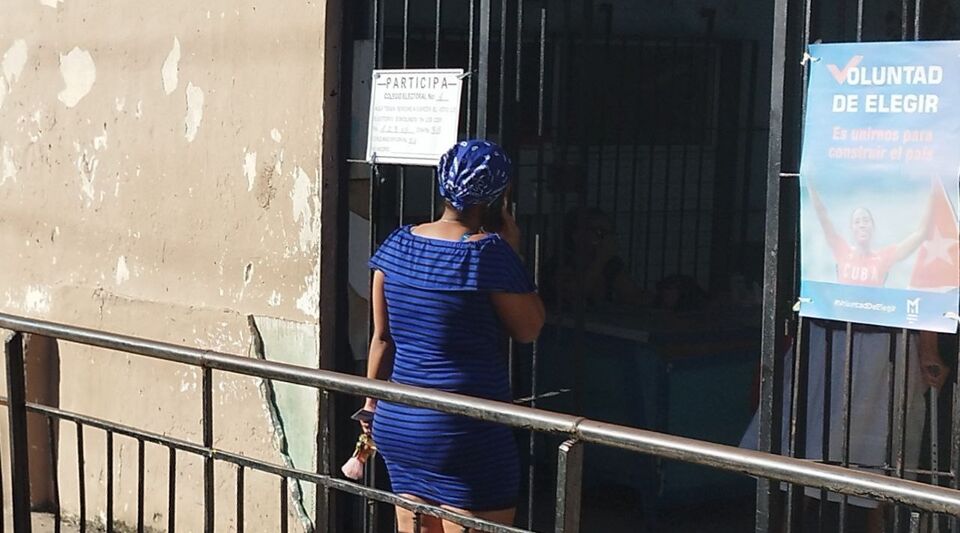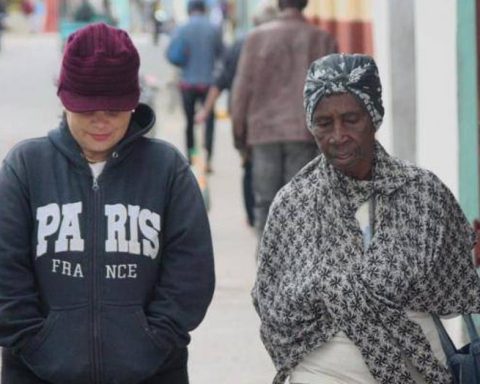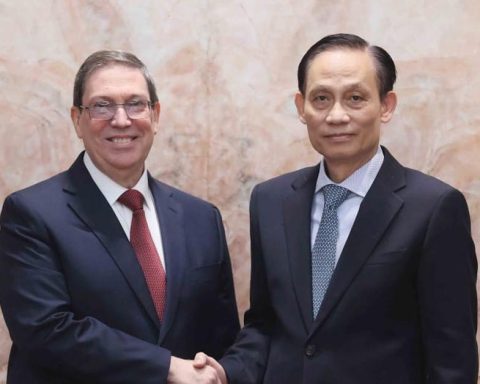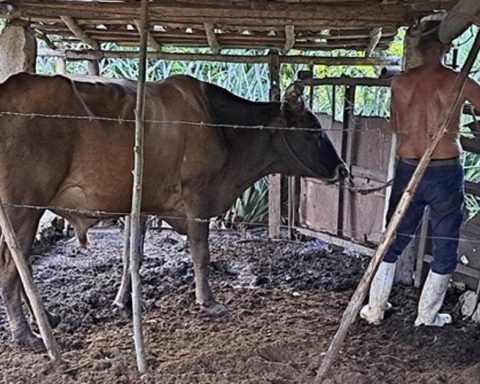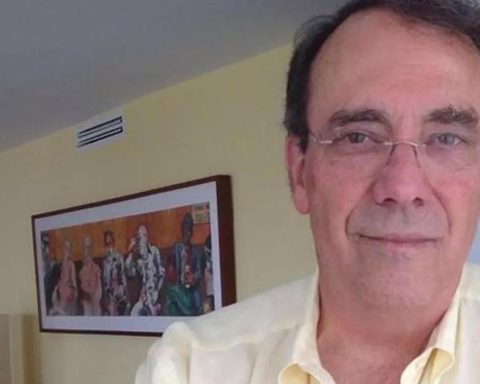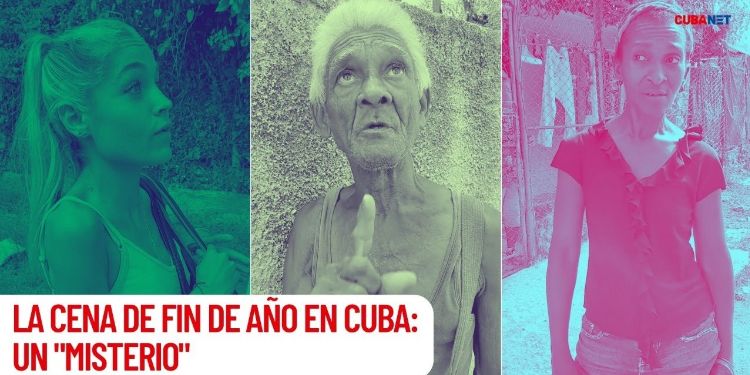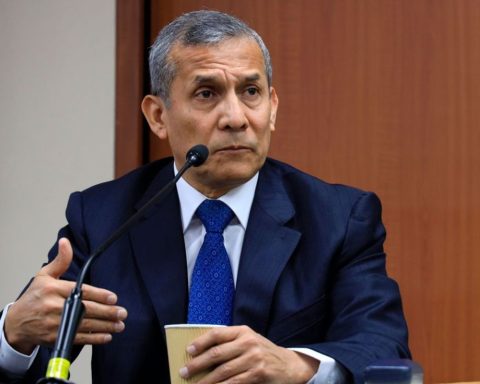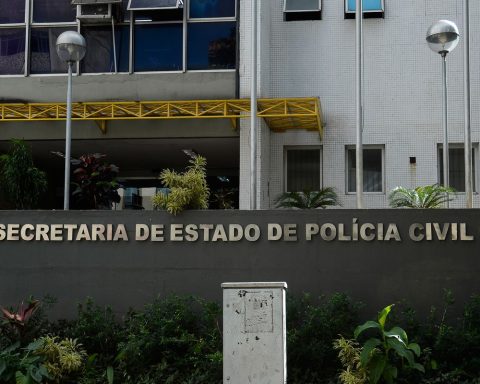The Electoral Transparency organization demanded that the National Electoral Council (CEN) of Cuba carry out an independent audit to verify the validity of the municipal elections held last Sunday on the island.
It’s a statement posted this mondaythe NGO points out that the results disclosed by the CEN are “unverifiable” and that the Cuban regime must allow the general review of the process by independent citizens and international entities.
The high percentages of participation and the majority support have been the alibis of the Cuban Government to prevent the supervision of specialized organizations and other observers in the electoral processes on the Island. However, the record of abstention this November 27 -a 31.42% of the voters did not attend to the polls– is, for the organization, a clear symptom of popular discontent and justifies reviewing the results.
Other circumstances support the distrust in the results, particularly the fact that the nomination of candidates was made “by show of hands” and by designation in the assemblies of each constituency. According to Electoral Transparency, this constitutes a violation of voting secrecy, aggravated by the intervention of mass organizations “subordinate to the Communist Party” and pressured by State Security.
This scenario monitored by the regime prevented the nomination of independent candidates – the only case was verified in Palma Soriano, Santiago de Cuba – or opponents. “There were no different options to vote for on the ballot,” the statement said. “The people who attended the voting centers only found the candidates endorsed by the single party of Cuba.”
Monitors from different organizations that managed to evade State Security surveillance reported that turnout had perhaps been the worst “since the first elections of the Castro era, in 1976.”
Electoral Transparency collects in its statement a kind of chronicle of the elections this Sunday, to which it does not hesitate to attribute an “autocratic nature.” It also describes the reaction of civil society, both in the country and abroad, which invited citizens to “abstain from voting, or failing that, to vote null or blank.”
Some opposition or independent platforms, such as De Frente – which announced its intention to support independent candidates – pointed out that the only way to oppose the regime under these conditions was to abstain.
Since 2013, the tendency to abstentionism It has been characteristic of the electoral processes on the Island. Participation, which always exceeded 90% before that date, “began to gradually decrease” from that year on, the statement said. The municipal elections of 2013, for example, reached that percentage, while in those of 2015 it dropped to 88.30% and in the referendum for the approval of the new Constitution, in 2019, only 84% participation was achieved.
However, the referendum that marked the most notable difference compared to previous years was the one on the Family Code, held on September 25, where 33% of voters voted no and 26% did not go to the appointment of the polls, a fact in which it is unknown how much the mass exodus of the last year influences.
This Sunday, monitors from different organizations that managed to evade State Security surveillance reported that turnout had been low, perhaps the worst “since the first elections of the Castro era, in 1976.”
The official figures, published by the CEN, and the unjustified extension of voting hours until 7:00 p.m. confirmed the observers’ suspicions. “Therefore, we would be facing a historic abstention of 31%, which added to the null and blank votes (promoted by the opposition), would express the rejection of almost 40% of the eligible voters,” concludes Electoral Transparency.
The organization signed the statement with the support of its Council of Experts, an international committee of advisors on electoral matters made up of academics Ann Ravel (USA), Paula Gomes (Brazil) and José María Paz (Bolivia).
________________________
Collaborate with our work:
The team of 14ymedio He is committed to doing serious journalism that reflects the reality of deep Cuba. Thank you for accompanying us on this long road. We invite you to continue supporting us, but this time becoming a member of our newspaper. Together we can continue transforming journalism in Cuba.
